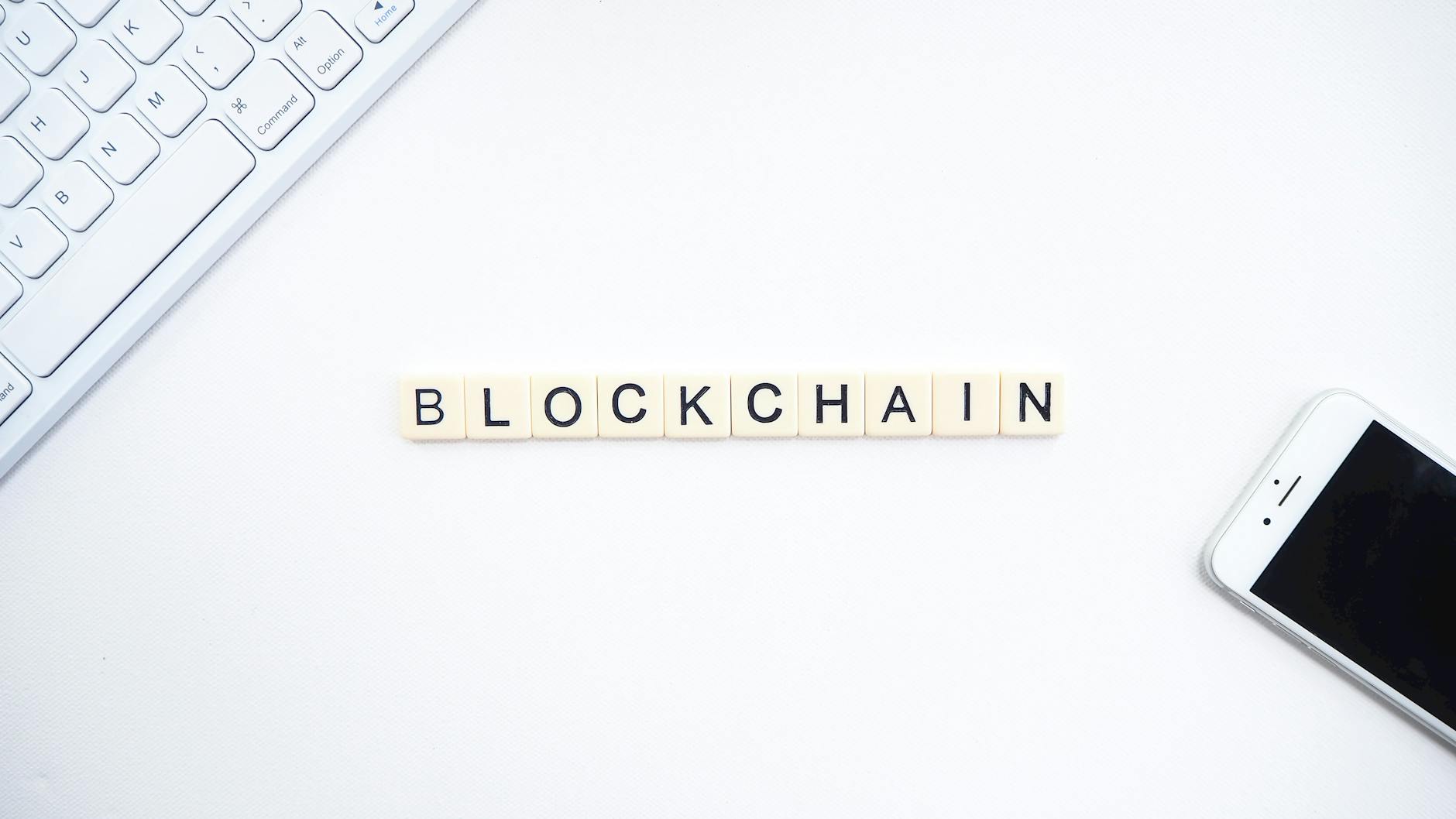
Technology has radically transformed the way we interact with our surroundings. There is a whole new ecosystem in place created by all these advanced gadgets and gizmos. The most popular of them being the Internet of Things or IoT.
What is the Internet of Things? It is a network of interconnected devices, with machine learning capabilities, operating in an environment. In other words, when objects of everyday usage are modified with advanced computing chips—which allow them to send, receive and analyze data signals amongst themselves over the internet—then these objects become IoT.
At present, there are more than 8.4 billion IoT devices operating across the world, installed in various domains of society. Most of these, you can even find in your homes. See that smart Nest thermostat in the corner? Yes, that’s an IoT. After you leave the house, it senses your absence and adjusts the indoor temperature accordingly. Why? To save energy and electricity for you. Not only that, it corresponds with the smart lights, smart switches, smart cleaners, smart air purifiers, smart sensors, and smart locks as well to create this whole efficient network which automates your home in a mind-blowing way.
Security Concern Over IoT

The point is that with the fast growth spurt of these connected devices, the need to address a major risk factor increases manifold. What is that? The risk of these devices getting cyber-attacked!
Yes, when it comes to data security, we tend to worry about our smartphones, laptops, and tablets only, leaving the Internet of Things out. Whereas, we need to understand that anything and everything which syncs over the internet stream is subject to its dark side too, the side which is full of nasty hackers and malware-releasers. That is why experts recommend shielding the network with a proper Internet Security Suite, as powered by Local Cable Deals.
Most of the ‘smart’ device manufacturing companies try to take care of the security updates of their issued products and projects. Updates are monumental because they include bug fixes and the latest defenses against new viruses. But even those are distributed amongst the whole IoT grid haphazardly, making the ignored devices vulnerable to jabs by hackers. The problem comes with tracking the loopholes across millions of gadget varieties and then addressing them effectively. This requires a lot of time and investment, both from the side of the users and the producers.
Factors like low storage space, high latency bandwidth flow, and lags in the responding time to the automated inquiries hinder the fast provision of the necessary security updates.
Potential Solution

So, what can we do about it? How can we come up with a system which quickly, cheaply and quite easily distributes software updates to the IoT?
There may be a solution.
Drum roll… blockchain technology.
Think: a digital bulletin board which records millions of transactions, coming from different places, at once. A proper electronic database which arranges entries chronologically and is open to public access. Giants like the Dutch company Gemalto, US authority in data-security Cisco, German firm Bosch and others already promote the incorporation of blockchain technology in the cybersecurity sphere.
How would it work exactly?
Well, the IoT manufacturers would create a blockchain infrastructure where they would upload a new software update whenever they’d create one. The gadgets would be tuned to periodically check in on the virtual ledger to see if anything new has come up, and thus modify their safety net automatically. If a security loophole is detected in any of the products, it would be directly communicated over the blockchain, from where the manufacturers would be able to readily address it. Each device would have its own unique cryptographic identity to make tracking and tackling easier. The result would be a much more efficient allocation of security updates and greater protection against the cyberattacks.
Sounds cool, right?
So, we cannot afford to compromise on the security of the products that we have come to rely on. Instead, like the blockchain technology, we should use as many means as possible for safeguarding our devices. Because our future shouldn’t be anything but safe.

